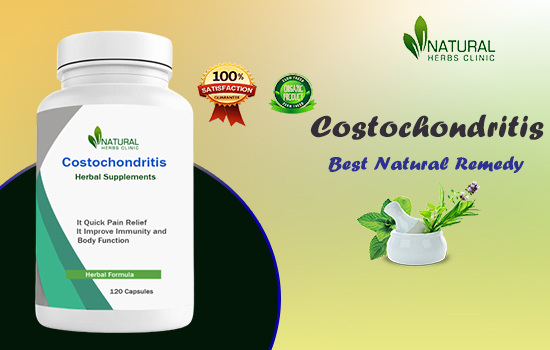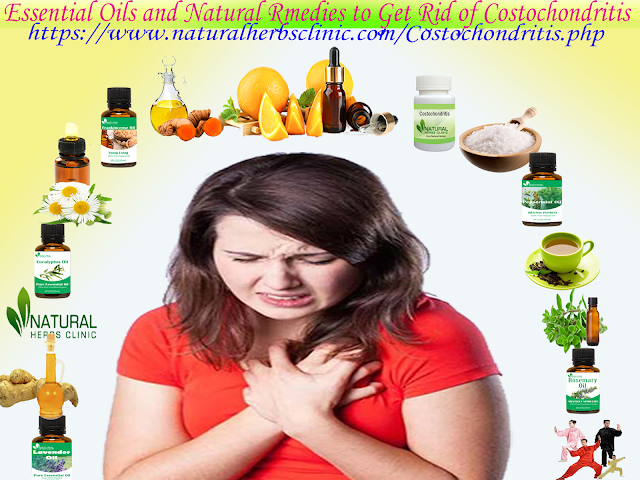The Bridge to Healing: Costochondritis Natural Remedies Unveiled

Thankfully, there are a number of Costochondritis Home Treatments that can help alleviate the pain and discomfort of costochondritis. What is Costochondritis? Costochondritis is a painful condition that affects the cartilage that connects the ribs to the sternum. It is often caused by strenuous activity or an injury, and can be especially painful when taking a deep breath or coughing. In this article, we will explore some of the best natural remedies for costochondritis, as well as how to use them to start your journey to healing. Costochondritis is an inflammation of the cartilage between the ribs and the sternum, which can be caused by strenuous activities, such as exercise or sports, or an injury to the area. The condition is also known as Tietze's Syndrome, after the German pathologist who first described it in the 1920s. When the cartilage between the ribs and the sternum becomes inflamed, it can cause pain and discomfort in the chest area. The pain may be worse when taking ...
